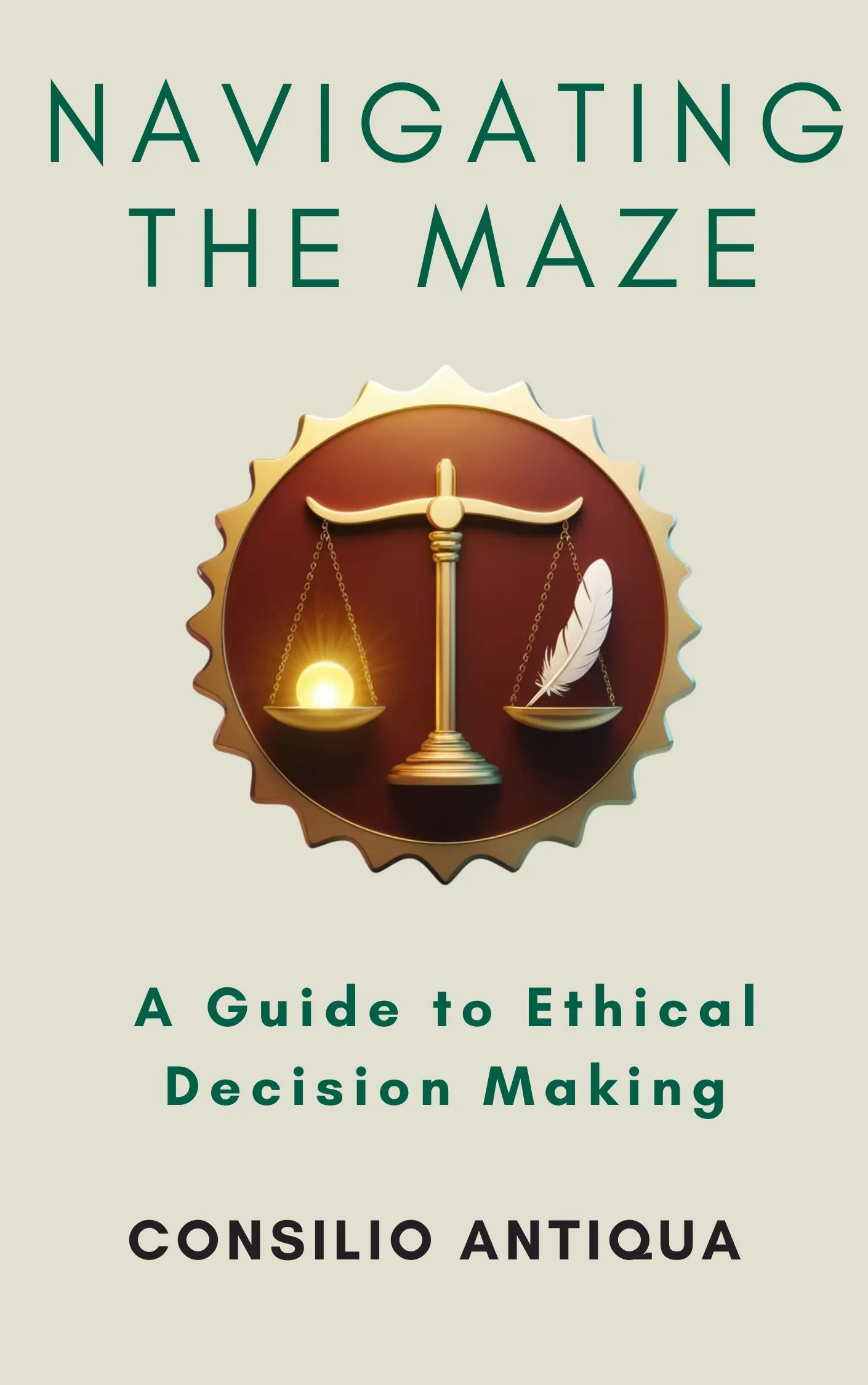
Navigating the Maze | 12: Media and Ethics: Truth, Representation, and Influence
12: Media and Ethics: Truth, Representation, and Influence
Have you ever scrolled through your newsfeed and felt a little…icky? Like maybe the headline is screaming one thing, but your gut is whispering, "Hold up, is this the whole story?" We've all been there. In our hyper-connected world, media is like the air we breathe—we can't avoid it. It shapes how we see the world, what we believe, and even how we act. But with great power comes great responsibility, right? That's where media ethics comes in—the often-unspoken rules of the game that should guide how information is shared.
Let's talk truth. It's the heart and soul of good journalism. I'm not just talking about spitting out facts, but giving you the whole picture, the context, so you can form your own opinions. Sadly, the chase for clicks and views can sometimes push truth to the sidelines. Think about it: a juicy, controversial story grabs more eyeballs than a nuanced, balanced one. But when we're fed a diet of sensationalism and half-truths, trust starts to crumble, and that's bad news for everyone.
Remember that time a celebrity was accused of something awful on social media, and everyone jumped on the bandwagon? Then, weeks later, it turned out to be a hoax? That's misinformation in action. It spreads like wildfire online, damaging reputations and whipping people into a frenzy. And the consequences? They can be real and scary, from online pile-ons to real-world actions fueled by false narratives.
Now, let's talk about how the media paints pictures with words. It's not just a mirror reflecting reality; it's a filter, a lens that can color how we see things. Think about how different news outlets portray the same event. One might focus on the chaos, another on the resilience of the people involved. The words they choose, the images they show—it all frames the story in a particular way.
For example, have you noticed how crime stories sometimes seem to highlight the race of the suspect? Or how women in leadership positions are described differently than their male counterparts? This isn't always intentional, but it can reinforce harmful stereotypes and biases. When we're constantly bombarded with these skewed portrayals, it's easy to start believing they represent the whole truth.
But the media's reach goes beyond just shaping our opinions. It can nudge us to act, to vote a certain way, to buy a certain product, even to treat others differently. That's a lot of power, and it needs to be wielded responsibly. Think about the role social media plays in our lives. Those algorithms are sneaky—they feed us content they think we'll like, which often means stuff that confirms our existing biases. This can create echo chambers where we only hear voices that agree with us, making it harder to see different perspectives.
So, how do we navigate this media maze without getting lost? We need to become savvy consumers, questioning what we read and see. Who created this content? What's their agenda? Are they presenting all sides of the story? Does it sound too good to be true? These are the questions we should be asking ourselves every time we encounter a news article, a social media post, or even a catchy advertisement.
Here's the good news: we can all become media detectives! Start by diversifying your news sources. Don't just rely on one newspaper or TV channel. Explore different perspectives, even those you might not initially agree with. It's like getting a second opinion before making a big decision—you want to hear all sides of the story.
And don't be afraid to fact-check! There are tons of websites dedicated to debunking fake news and verifying information. Before you share that shocking headline, take a minute to make sure it's actually true. You might be surprised how often things aren't what they seem.
Most importantly, let's talk about it! Discuss the news with your friends, family, and colleagues. Share your thoughts, challenge each other's perspectives, and learn from different viewpoints. When we engage in respectful dialogue, we can break free from those echo chambers and build a more informed and understanding society.
The media is a powerful force, and it's not going away anytime soon. But by becoming more aware of its influence and practicing ethical media consumption, we can harness its power for good. We can demand better from those who create and share information, and we can create a media landscape that reflects the truth, promotes fairness, and fosters a more just and informed world. So, the next time you're scrolling through your newsfeed, remember your power as a media consumer. Your choices matter, your voice matters, and your critical thinking can make a real difference.
